A brief description about this Activity.
Session one: Extensive studies focus on body image and the consequences for mental health. Unfortunately, a scarcity of research examined body image within the context of Black families’ experiences. Issues surrounding body images among Black people must be understood within the broader historical, social, cultural, and familial experiences in which they exist. Too often, therapists focus on treating Black people who struggle with body image without this thorough understanding of the unique experiences of Black families. For example, how do particular Black families think about body image and how is this passed from one generation to the next? Moreover, how have oppressive structures shaped ideas about the Black body? Centuries of enslavement fractured Black family life through forced separation and other violent means. Through forced separation and the use of physical features (height, weight, body size, skin complexion, etc.) this determined one’s value. Slavery would create a structure that deemed the Black body as property to be owned, controlled, and devalued. This presentation centers the history of and role of the Black family as an integral part in understanding how one might begin to approach treating body image issues among Black clients. Session 2: Eating disorders are complex and multifaceted, involving the mind, the body, and the soul. In this session, we will explore why and how involving somatic and “bottom-up” approaches to healing is extremely beneficial when treating eating disorders based on a trauma and polyvagal theory informed model of recovery. We will begin with a general overview of somatic therapy and expand on how a bottom-up approach differs from traditional cognitive or “talk” (bottom-down) psychotherapy. In exploring the efficacy of a bottom-up approach for the treatment of eating disorders, we will unpack the role that trauma plays in eating disorder behaviors and how somatic interventions are a valuable addition to addressing the trauma (and subsequent nervous system or embodied) beneath the behavior. We will discuss case studies where somatic interventions are applied to eating disorder behaviors as well as demonstrate experientially specific interventions that can be used in session with clients. This session will provide multiple somatic interventions attendees can begin to implement with clients as soon as they return to the office. Session 3: Specialist Supportive Clinical Management (SSCM) is a psychotherapy with a growing body of evidence in the treatment of anorexia nervosa. It was originally developed as an active pragmatic control treatment for more specialised therapies in a clinical trial for anorexia nervosa but is now included as a bone fide therapy in a number of treatment guidelines. SSCM has two distinct components: clinical management, which involves alleviation of the symptoms of anorexia nervosa, particularly focusing on weight gain via resumption of normal eating; and a supportive psychotherapeutic approach to issues identified by the patient as important, including life issues that may impact on the eating disorder. This presentation will include an overview of SSCM: its origins in clinical management and supportive psychotherapy and an outline of existing research with SSCM. Key therapeutic strategies will be described, and common and distinct features highlighted. Current and possible future applications of SSCM will be discussed.
Learn more about this Activity.
No Website has been provided for this Activity.
The Provider for this Activity.
